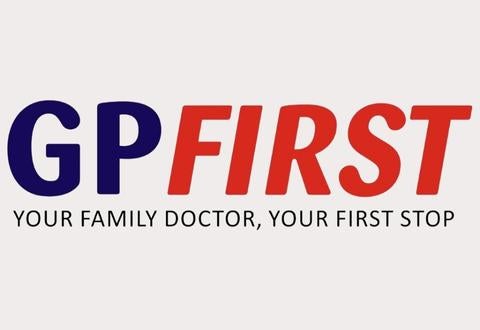What is - Bipolar
Bipolar disorder, also known as manic-depressive psychosis, is characterized by extreme mood swings between mania and depression, impacting social and occupational functioning. It affects less than 1% of the population, with an unknown exact cause. However, it is more prevalent among relatives of individuals with bipolar disorder and depression. It is a chronic illness requiring long-term treatment, and the risk of relapse can be as high as 87% if treatment is discontinued.
Symptoms of Bipolar
Navigating the complex landscape of bipolar disorder involves understanding the distinct phases that characterize this condition—mania and depression.
Below is a detailed list of symptoms associated with each phase, shedding light on the contrasting experiences individuals may undergo during these mood episodes.
Mania:
- Very elevated mood
- Hyperactivity
- Racing thoughts
- Excessive talking
- Grandiose ideas and beliefs
- Easy distractibility
- Reduced need for sleep
- High energy despite lack of sleep
- Poor judgment and increased impulsivity
- Increased irritability and poor temper control
- Reckless behavior, lack of self-control
- Binge eating, drinking, and/or drug use
- Promiscuity
- Spending sprees leading to debts
Depression:
- Persistent low mood or sadness
- Loss of interest in previously enjoyed activities
- Loss of self-esteem
- Impaired concentration and memory
- Feelings of worthlessness, hopelessness, or guilt
- Appetite disturbances: loss of appetite and weight loss or overeating and weight gain
- Difficulty falling or staying asleep or sleeping too much
- Fatigue or lack of energy
- Thoughts of death and suicide
Diagnosis of Bipolar
Psychiatric evaluation is necessary to diagnose bipolar disorder. Laboratory tests may be carried out to rule out physical illnesses that may be causing bipolar disorder. This may include blood tests or brain imaging.
Treatment for Bipolar
Medications
Mood stabilizers (Lithium, Sodium Valproate, Lamotrigine for bipolar depression) are the first-line of treatment. Antipsychotic and anti-anxiety medications may be prescribed. Antidepressant medications are often combined with mood stabilizers to treat depression in bipolar disorder.
Psychotherapy
Electroconvulsive Therapy (ECT)
Bipolar - Other Information
Download a flyer for further reading:
Contributed by
The information provided is not intended as medical advice. Terms of use. Information provided by SingHealth.



 Bipolar Disorder.pdf
Bipolar Disorder.pdf














